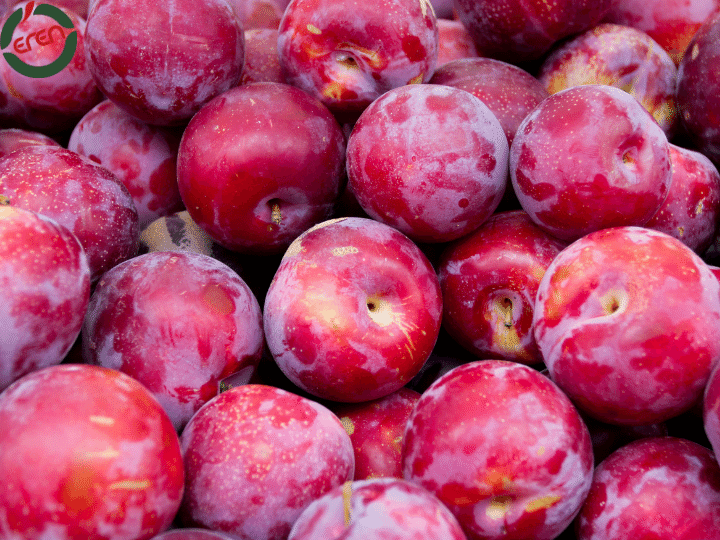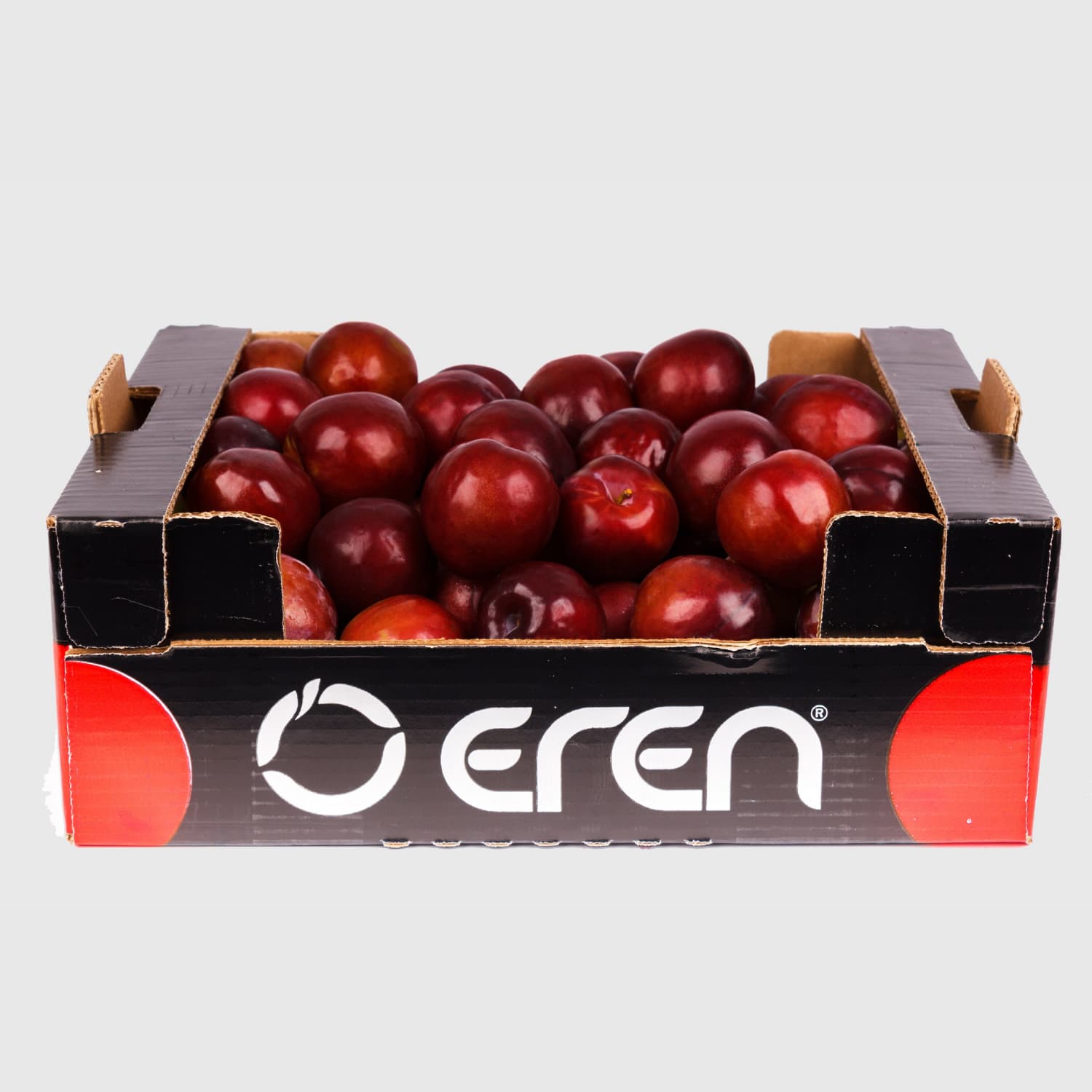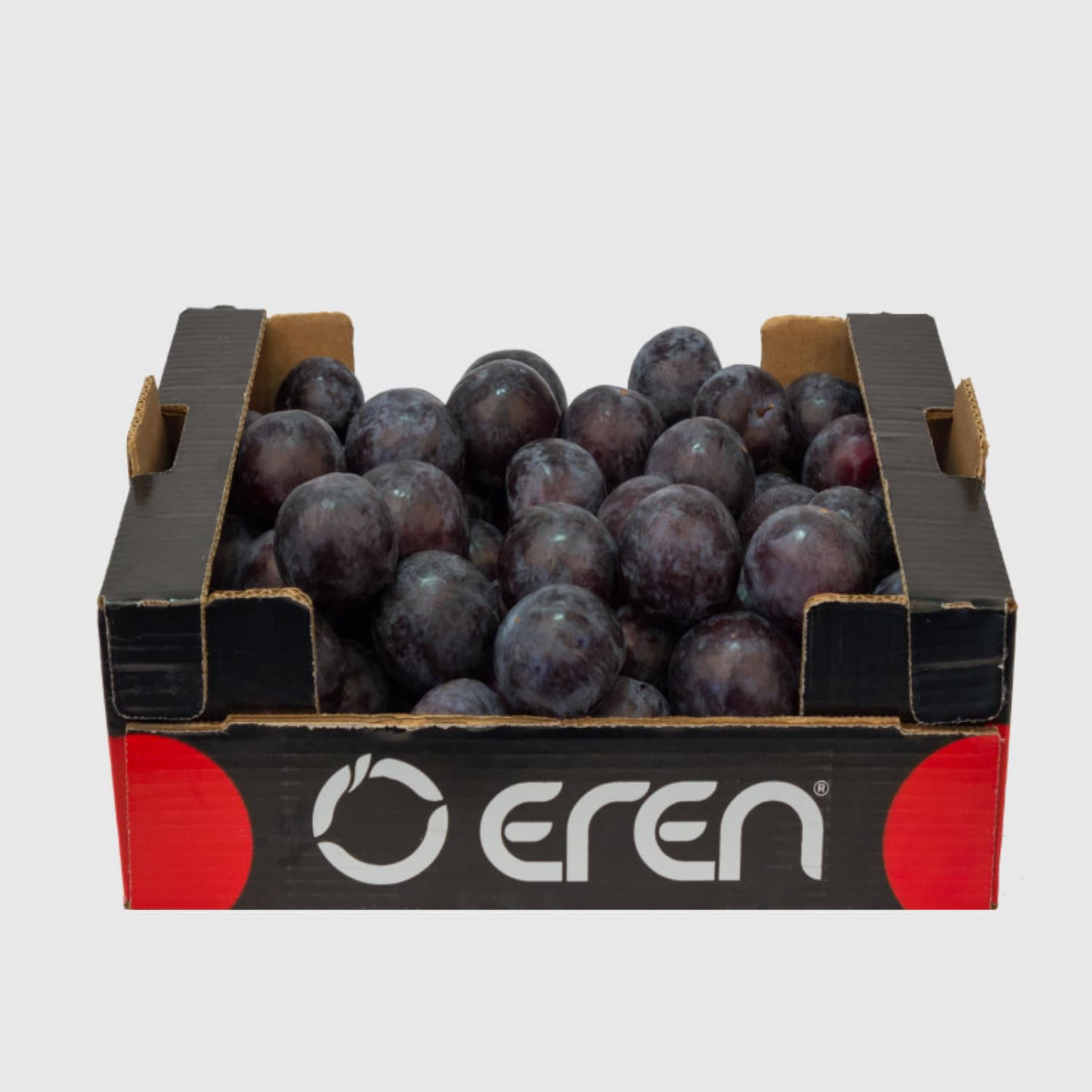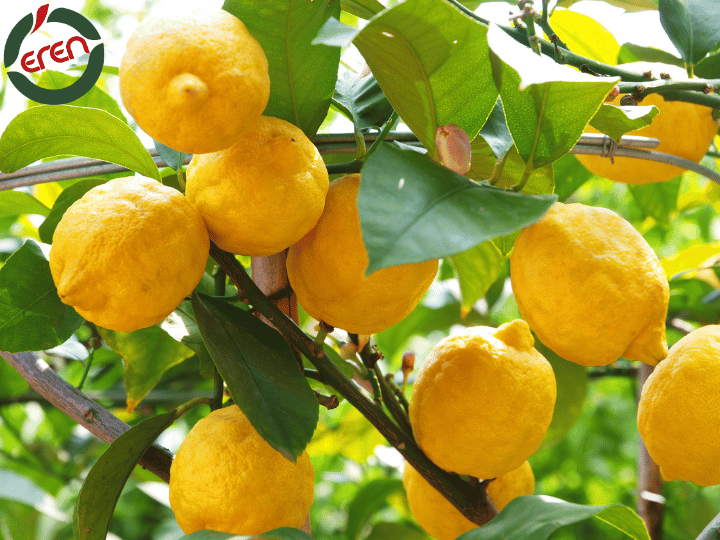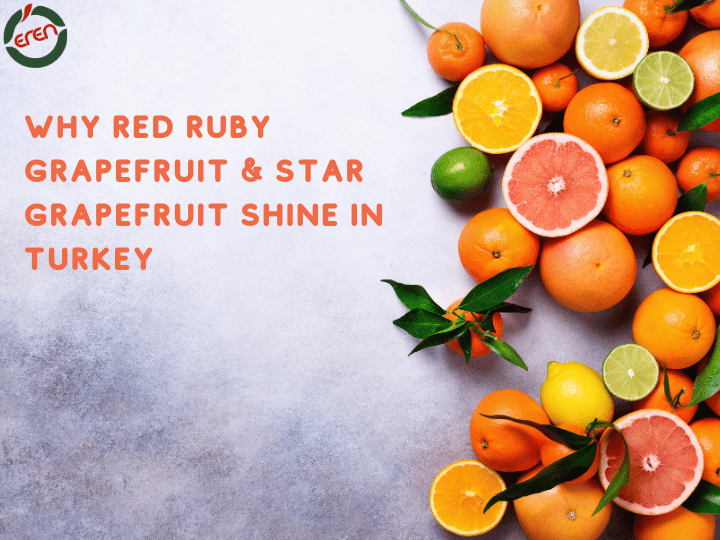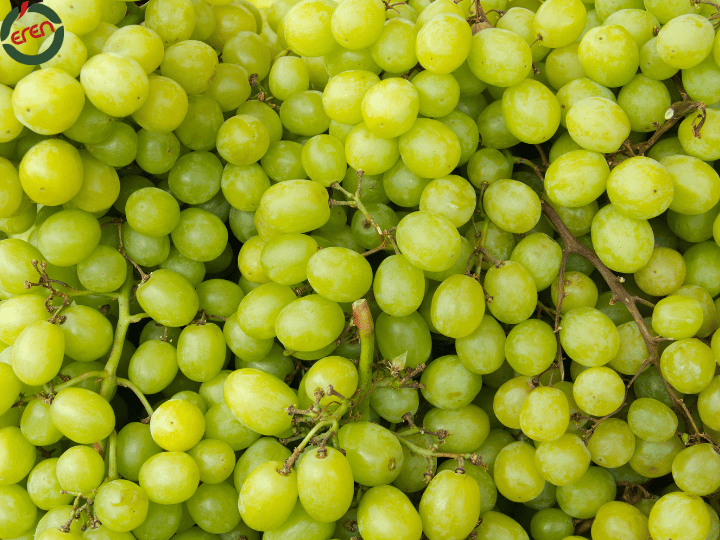How to Produce and Grow Turkish Plums Sustainably
Plums rank among the most significant stone fruits globally, encompassing other familiar fruits such as apricots, cherries, and peaches. Of the over 2,000 varieties of plums, only a select few are commercially significant. These varieties flourish primarily in temperate regions, with China, Romania, the USA, and Turkey leading in production.
Importance and Processing of Plums
Plums are an excellent source of health-beneficial compounds, aiding in disease prevention. While they are mostly consumed fresh, plums are also processed into dried plums, canned goods, and beverages. Historically, sun drying was the prevalent preservation method. Today, modern dehydration techniques are employed to retain their nutritional and sensory properties.
Due to their high sugar content, careful dehydration under sub-atmospheric conditions is necessary to achieve the desired moisture level. Various drying methods such as hot air drying, sun drying, vacuum drying, microwave drying, high-pressure assisted drying, and osmotic dehydration are used. These techniques aim to lower microbial loads and ensure year-round product stability.
In the global market, the need for improved process efficiency and product quality has intensified due to increased competition. To meet consumer demands and reduce adverse effects such as oxidative damage, browning, flavor loss, and shrinkage during drying, osmotic dehydration serves as a beneficial pre-treatment. This method helps enhance product quality and decrease drying time without significantly reducing moisture content.
High-quality plums, best wholesale deals!
Historical Background of Plums
Plums have a rich and varied history. They have been cultivated since prehistoric times, possibly longer than any other fruit except apples. The earliest records indicate that plums originated in China around 470 BC. European plums are believed to have been discovered over two thousand years ago, with origins near Eastern Europe or Western Asia. By ancient Roman times, there were already 300 varieties of European plums.
Plums were introduced to the United States by pilgrims in the 17th century. Interestingly, Japanese plums, which actually originated in China, were brought to Japan 200-400 years ago and then spread globally. Plums are thought to be among the first fruits domesticated by humans, with remains found in Neolithic archaeological sites alongside olives, grapes, and figs.
Characteristics of Plums
Plums are drupes belonging to the subgenus Prunus of the genus Prunus, with nearly 2,000 species reported. They come in various sizes and colors, including yellow, white, green, or red flesh. Mature plums often have a dusty-white coating, giving them a glaucous appearance.
Plums are rich in bioactive compounds like phenolic acids, anthocyanins, carotenoids, minerals, and pectins. In Indian medicine, plums have been used for natural treatments of conditions such as leucorrhea, irregular menstruation, and miscarriage. The nutrients in plums significantly determine their nutritive value and taste.
Processing and Benefits of Plums
There's an old saying: "All dried plums are prunes, but not all plums are prunes." Plums with high sugar content and firm flesh, dried without removing the stone, are called prunes. Plums are processed into various products, increasingly used as food ingredients. These include dried prunes, prune juice, prune juice concentrate, canned prunes, plum juice, plum paste, prune powder, prune fiber, low moisture prune granules, low moisture prune bits, jam, jelly, and fresh-cut plums.
Buy direct, maximize your profit!
Plums have high sugar content, making dehydration critical to maintaining their nutritional and sensory quality. Different conventional and novel drying techniques are applied to plums, such as hot air drying, sun drying, vacuum drying, microwave drying, high-pressure assisted drying, and osmotic dehydration. The goal is to achieve low microbial loads and ensure product stability year-round.
Plum Production and Globalization
With increasing globalization and consumer awareness, it is essential to minimize the adverse effects such as physical and chemical changes during the drying of plums. Conventional air drying can result in oxidative damage, browning, flavor deterioration, and shrinkage, which diminishes the sensory and nutritional quality of the product. To improve product quality and decrease drying time, osmotic dehydration can be advantageous. It is a pre-treatment for fruits and vegetables before drying and other heat-assisted processes like canning, freezing, and minimal processing, as it does not significantly lower the product's moisture content.
Eren: Leading Turkish Plum Producer
Eren, a leading Turkish plum producer, has been cultivating and exporting high-quality plums since its establishment in 1993. Initially focusing on citrus exports to Russia and South Europe, Eren expanded its operations to include a variety of fruits and vegetables, including sweet plums and green plums. Today, Eren exports to 63 countries, providing over 60 varieties of fresh produce.
Our state-of-the-art facility in Tarsus utilizes advanced technologies for sorting, sizing, and quality control. This ensures that our plums meet the highest standards of quality and safety. We employ sustainable farming practices to reduce environmental impact while maintaining the nutritional and sensory qualities of our products.
Sweet, juicy plums for your market!
Health Benefits and Nutritional Properties of Plums
Plums are an important source of compounds that influence human health and help prevent various diseases. They are abundant in antioxidants, vitamins, and minerals that promote overall health and well-being.Consuming plums can aid in improving digestion, reducing inflammation, and providing essential nutrients for a balanced diet.
In addition to their health benefits, plums have high sugar content, making them a popular ingredient in various processed products. The dehydration of plums to the desired moisture content under sub-atmospheric conditions is essential to maintaining their nutritional and sensory quality. Various drying techniques such as hot air drying, sun drying, vacuum drying, microwave drying, high-pressure assisted drying, and osmotic dehydration are used to achieve this goal.
Innovative Techniques in Plum Processing
At Eren, we continually strive to improve our processes and adopt innovative techniques in plum production and processing. Our commitment to research and development enables us to explore new methods that enhance the quality and sustainability of our plums. By investing in advanced technologies for sorting, sizing, and packaging, we ensure that our products meet the highest standards of quality control.
We understand the importance of minimizing the detrimental effects such as physical and chemical changes during the drying process. Traditional air drying can cause oxidative damage, browning, flavor loss, and shrinkage. To mitigate these issues, we employ osmotic dehydration, a pre-treatment that improves product quality and reduces drying time without significantly lowering moisture content.
Why Choose Eren as Your Plum Supplier?
As a trusted Turkish plum producer, Eren offers several advantages:
- Proven track record of quality and reliability
- Commitment to sustainable farming practices
- Advanced technology for quality control and packaging
- Extensive experience in global markets and customs procedures
- Personalized service tailored to meet your specific needs
How to Start Working with Eren
Starting a partnership with Eren is straightforward. Here’s how you can begin:
- Reach out to our sales team to discuss your requirements.
- We will provide you with a customized proposal based on your needs.
- Our logistics team will handle the transportation and delivery, ensuring your plums arrive on time and in perfect condition.
At Eren, we believe in building long-term relationships with our clients. We are committed to providing exceptional service and high-quality produce that meets your expectations. Our expertise in sustainable plum production ensures that you receive the best plums available, helping your business thrive.
The Future of Plum Production
As we look to the future, Eren is dedicated to continuing our legacy of excellence in plum production. We are constantly exploring new ways to improve our farming practices, reduce our environmental impact, and enhance the quality of our plums. Our goal is to remain a leader in the industry, providing our clients with the best plums and the highest level of service.
Whether you are looking for fresh table plums or processed plum products, Eren is your trusted partner. Our comprehensive approach to plum production ensures that you receive plums that are not only delicious but also sustainably produced. Contact us today to learn more about our products and services, and let us help you achieve success in your business.

 柠檬
柠檬 普通话
普通话 橙子
橙子 葡萄柚
葡萄柚 水果
水果 蔬菜
蔬菜